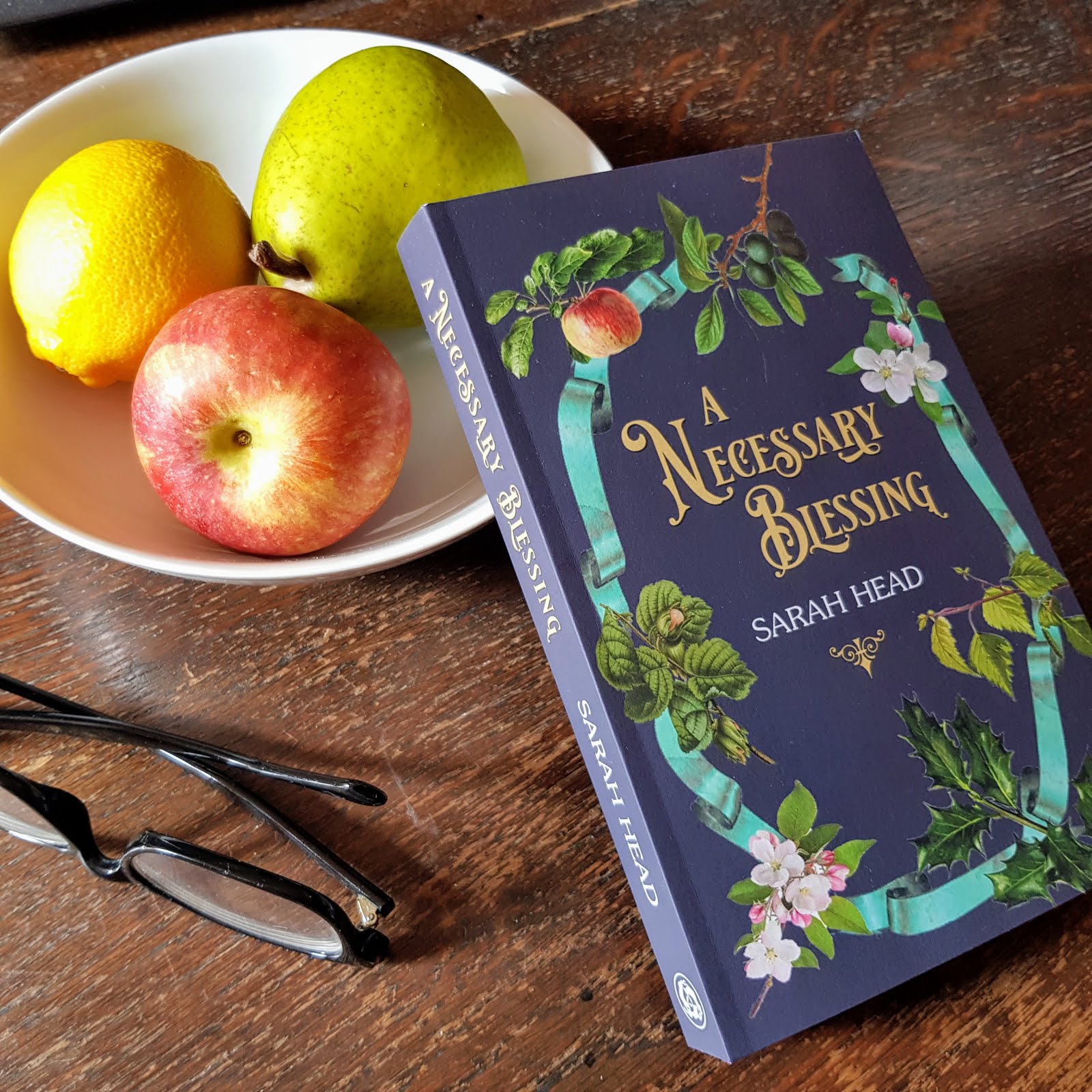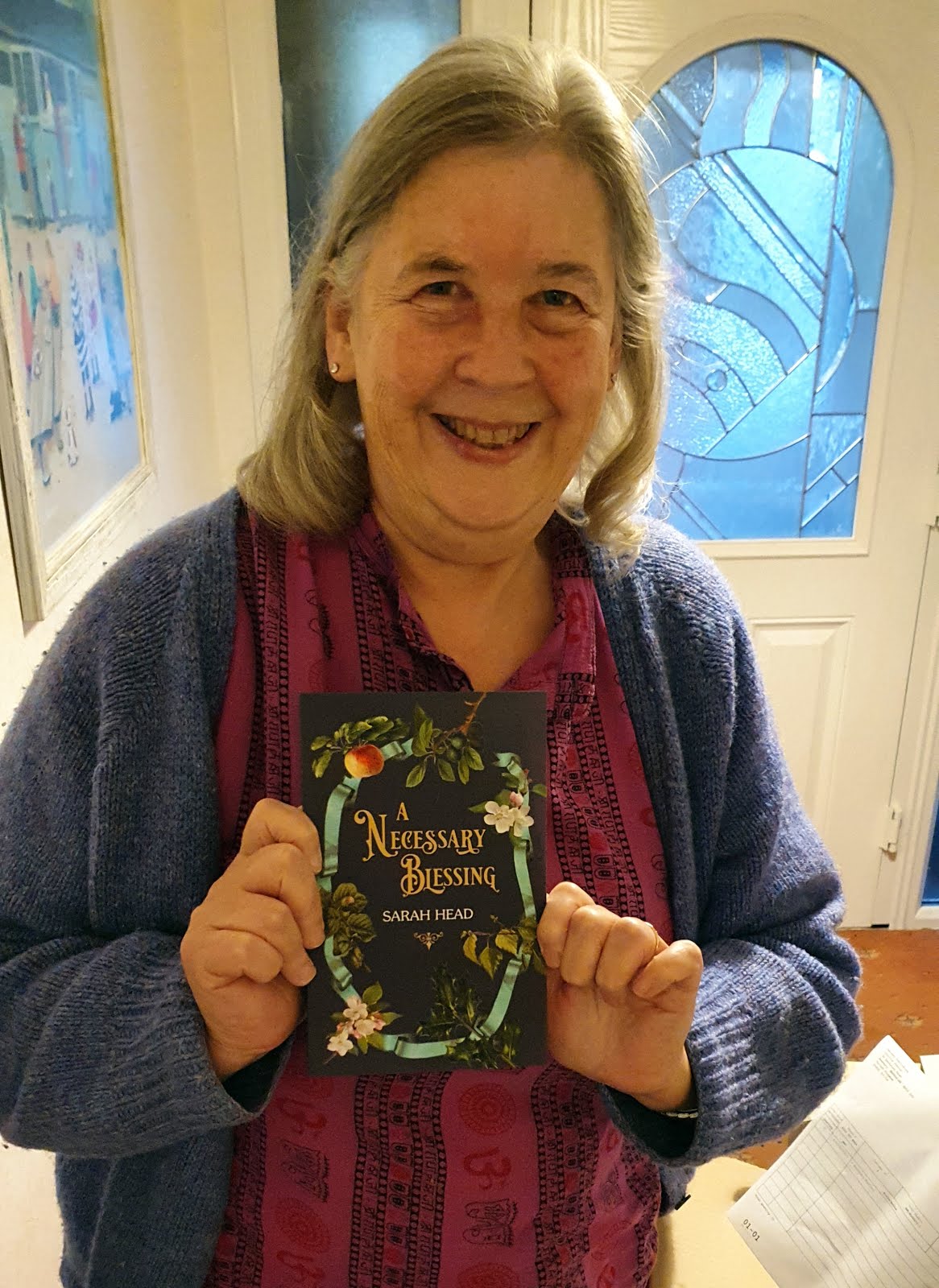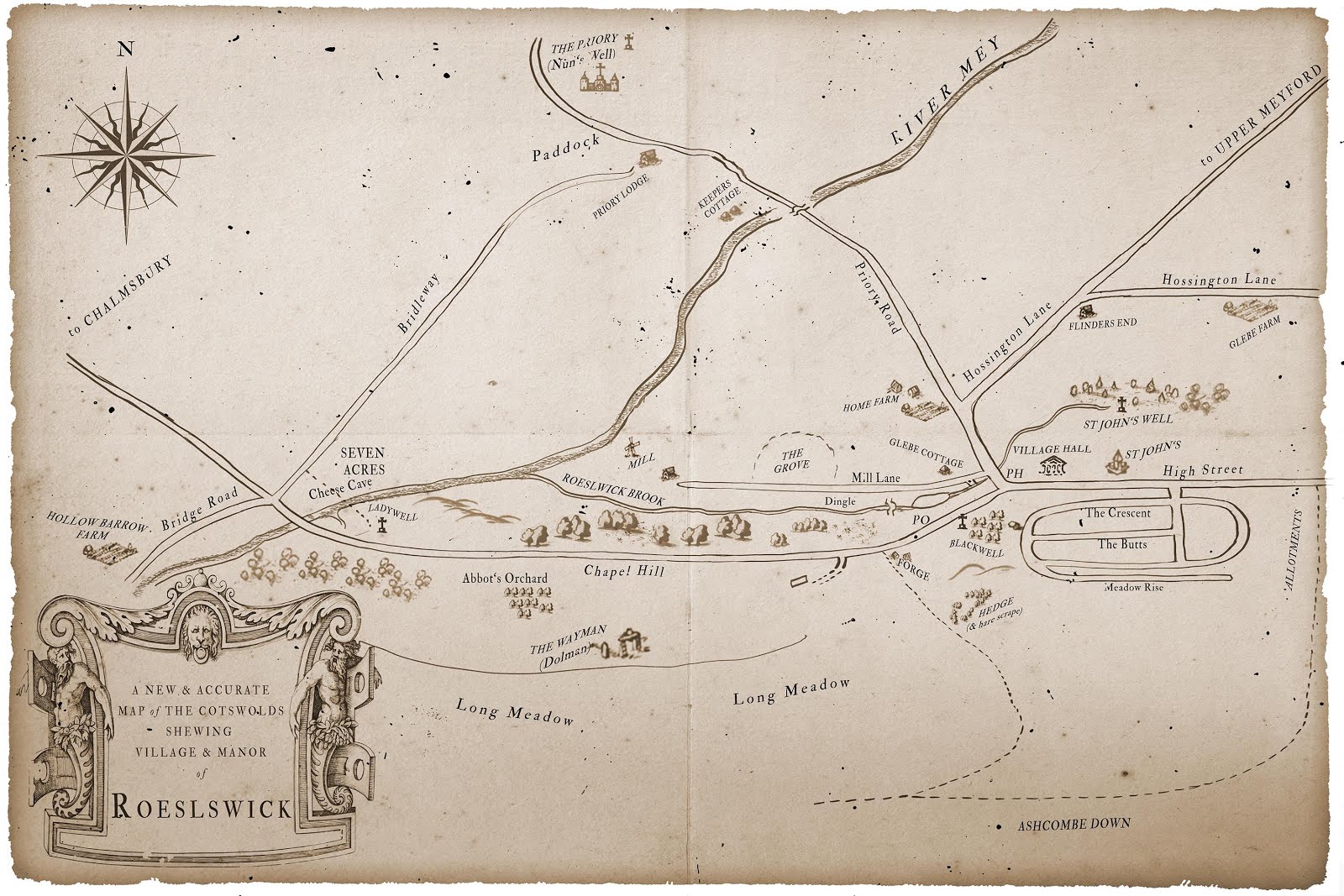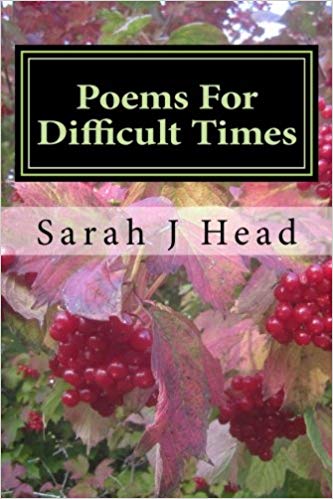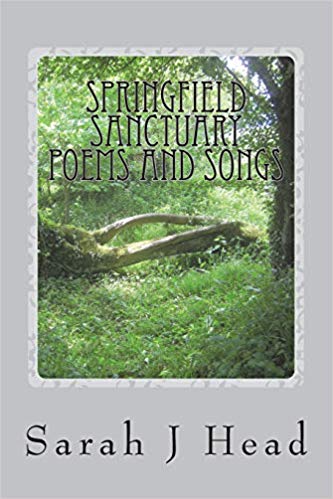I can't believe it is five years since I last posted on this writing blog. During that time I have self published two poetry books and two herbs books and now, in a frenzy of excitement, my debut novel will be appearing towards the end of the month.
As you can imagine, there are herbs and holy wells and drama and uncertainty but also positive steps and hope for the future.
The following tells you a little about the story and some very kind words from a those who have read it prior to publication.
A Necessary Blessing, releases on 19 November this year and my publisher, Heretic Publications, For any book bloggers or reviewers, it is available on request on NetGalley at the moment.
This is the blurb and some recent reviews.
“A novel of family secrets, ancient magic and healing, perfect for fans of Barbara Erskine and Christina Courtenay.”
Ruth Turner has a unique ability. She can walk through time, seeing the village, religious community and inhabitants as they used to be. Abandoned by her philandering husband, she makes new friends amongst village leaders, Greg Iles, the village blacksmith, Granny Compson, a retired farmer’s wife and Lord Peter Brazington, the prickly Earl of Haverliegh, owner of Roelswick Estate.
As Ruth learns more about village history, she uncovers many secrets, which change her life and affect her closest friends, putting her at the centre of ghostly retribution. Can she use her new knowledge to unravel the cause of all the trouble before her community is torn apart again?
A Necessary Blessing is the first book in the Roeslwick Chronicles by Sarah Head. Set deep in the heart of the Cotswolds, it charts the story of a rural village where modern and ancient practice work side by side.
Where past beliefs inform present customs, promoting future action, we understand how water is a necessary blessing to us all.
Praise for A Necessary Blessing
“A Necessary Blessing is a lovely, gentle story, unusual and intriguing, and steeped in folklore, druidic practices and supernatural abilities. The village setting is engaging and almost timeless. Although the heroine is downtrodden and abused at first, her fellow villagers unexpectedly come to her rescue and she begins to turn her life around. I very much enjoyed watching her find her place in the world and grow in confidence, and I willed her on to defeat evil in all its guises.” Christina Courtenay
"A gem of a book"
“Well rounded, memorable characters make this book come to life, put together with a fast changing plot, the past and the present meet with an outcome well worth the read.”
It is an amazing and exciting process from holding a place and its characters in your imagination to seeing them appear in words and pictures, then to be cast out into the real world for others to experience. The beautiful cover and other illustrations have been provided by the wonderful, Charlie Farrow. There are plans to produce an audiobook to complement the Kindle and paperback editions currently available to pre-order.
If you are wondering what I'm working on next, a sequel has been started but that has been put on hold while I discover the stories of more villagers whose lives enrich the Chronicles of Roelswick.

